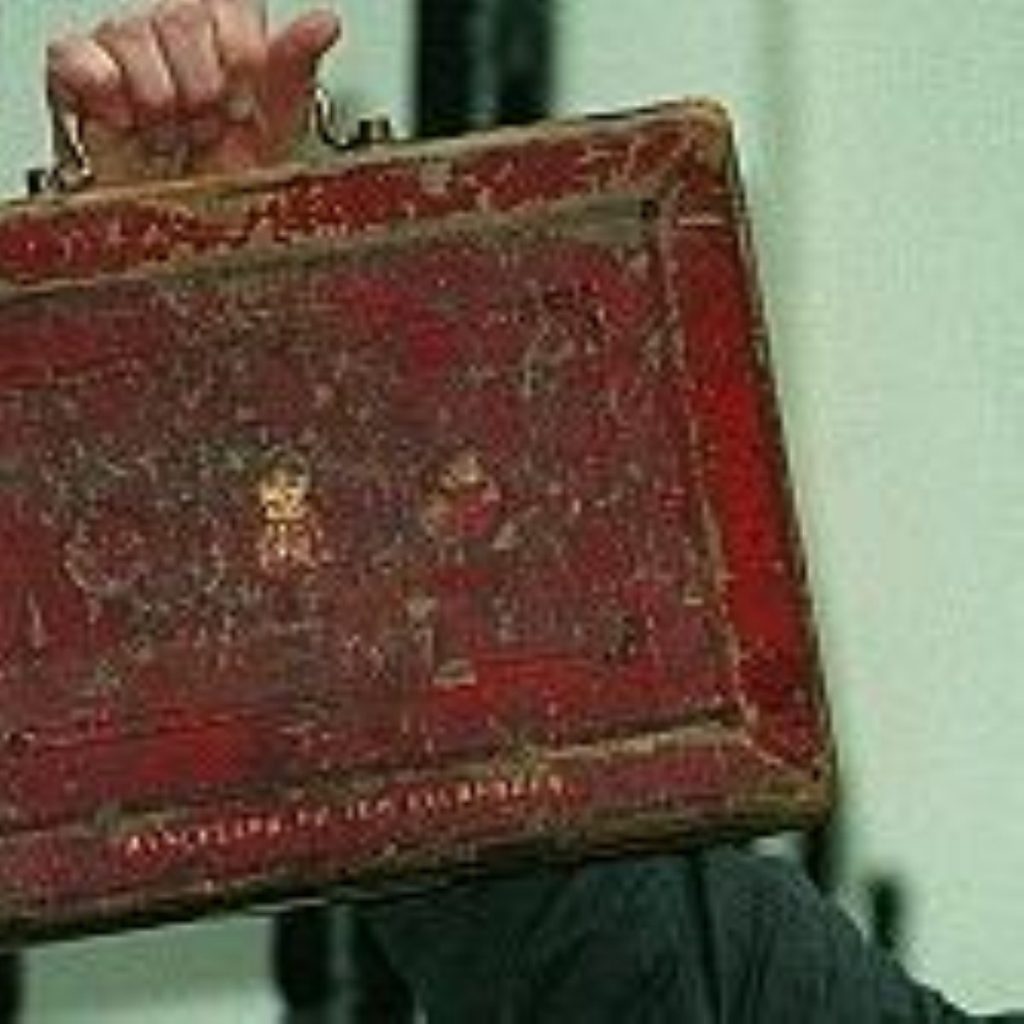Budget 2008: Darling aims to promote savings
Alistair Darling has stepped up to the Dispatch Box for his first budget saying stability and strength will be at the centre of the budget and the government will meet its fiscal and investment rules.
He said Britain was better placed than any other country to weather the global economic storm and government borrowing would not go over 40 per cent.
The economy is expected to grow between 1.75 and 2.25 per cent in 2008, then 2.25 to 2.75 in 2009 and 2.5 to 3 per cent by 2010.
Ending child poverty and tackling climate change will also be core to Budget, the Chancellor stated.


Mr Darling explained the government would move to increase savings – with the rollout of its Savings Gateway scheme – where government will top up savings accounts.
Energy poverty will also be tackled – through voluntary agreements with energy companies with the threat of legislation.
The chancellor called for prepayment meter gas and electricity customers to be given a better deal – and he demanded that energy firms spend £150 million on social tariffs for low income households.
The Budget also aimed to help more people onto the housing ladder – through long-term mortgages – but further details will be announced in the next pre-Budget report.
He also promised to eradicate child poverty by 2020 and to halve it by 2010.
He said: “From October 2009, we will change the rules for Housing and Council tax benefit so that parents are better off in work than on benefits.
“As a result, a working family with one child on the lowest income will gain up to £17 a week.”
He claimed this would take 50,000 more children out of poverty. In April 2009 child benefit will also rise to £20 for the first child.
The child element of the Child Tax Credit for families on low and middle income will be increased by £50 over inflation from April next year.
“This means that a family with two children, earning up to £28,000 a year, will be over £130 a year better off.,” the chancellor said.
Fuel tax is to rise 2p in 2010, but the 2p rise due for April will be postponed to October to support the economy.
Motorists will also see changes when buying a car. From 2009 a major reform of excise duty will be put in place to encourage greener cars. Lower polluting cars will have no car tax in the first year on the road, while more polluting cars will pay extra.
Alcohol duties will go up six per cent over inflation – with 4p a pint going on beer, 3p on cider, 14p a bottle on wine, and 55p on a bottle of spirits. A packet of cigarettes will cost 11p more and a pack of five cigars will rise 4p.
Stamp duty on shared ownership homes will not be paid until the owner owns 80 per cent.
All new buildings to be zero carbon by 2019 – not just new homes as previously stated.

